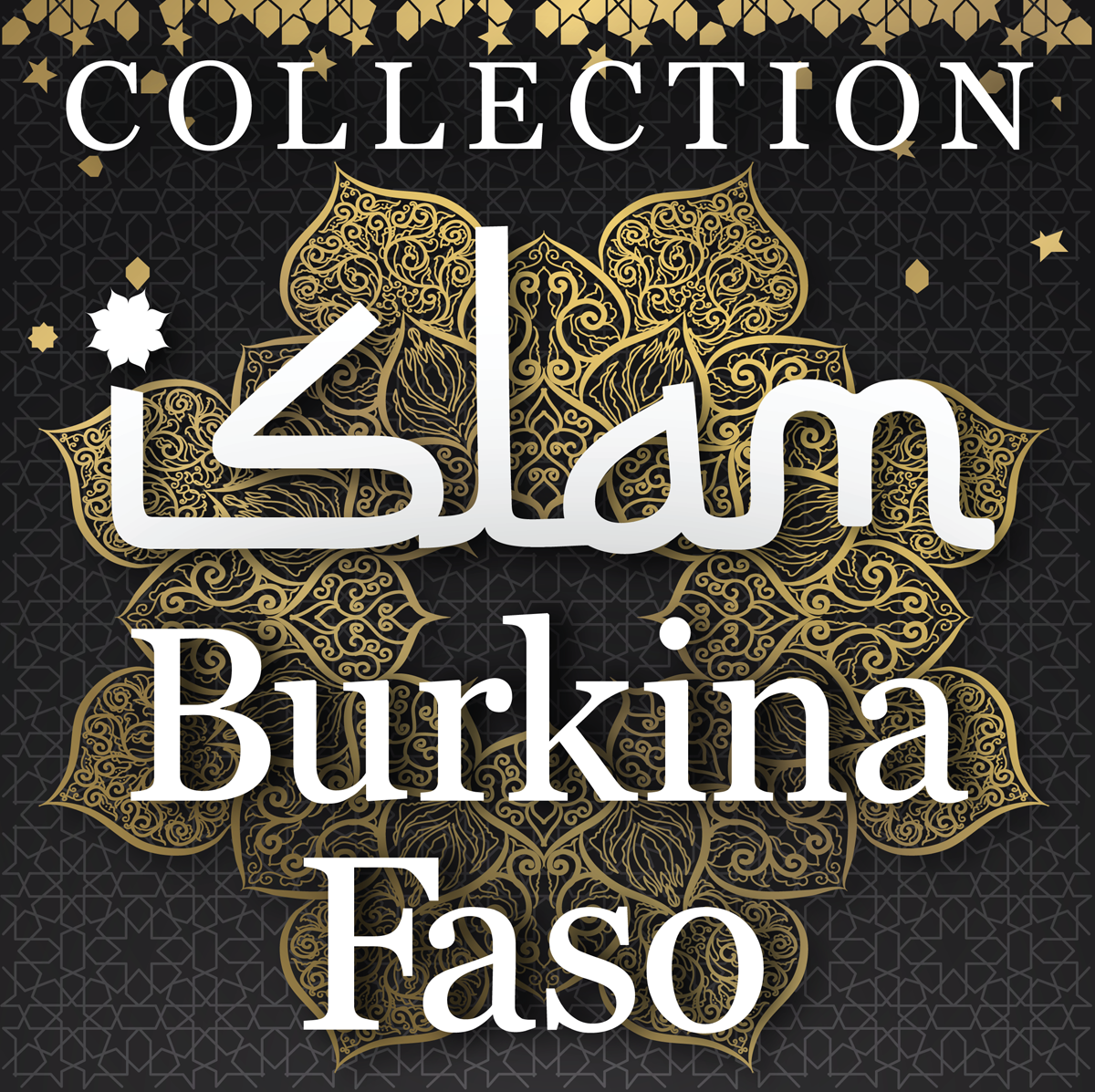Burkina Faso: State and Religious Authority in Turbulent Times
Contenu
- Classe de ressource
- Book Section
-
Titre
-
Burkina Faso: State and Religious Authority in Turbulent Times
-
Résumé
-
For most of its modern history, Burkina Faso avoided intervening in the religious sphere. According to its constitution, Burkina Faso is a secular state that protects religious freedom, and individuals can choose and change their religion freely. While its Christian minority dominated the state system and government, nonintervention by a largely Christian administration helped preserve a delicate sociopolitical balance and avoid Muslim-Christian antagonism. As a result, the state has largely avoided imposing institutional restrictions, such as registration requirements for places of worship, state licensing of preachers, or imposing state control of religious schools or curricula. This gave religious institutions and movements widespread freedoms to operate. Part of the state's relaxed attitude toward religious regulation stemmed from the fact that until fairly recently, secular actors were the most potent threat to governmental authority. In the cities, civil society organizations and trade unions often defied state authority and overthrew governments. In rural areas, chiefs and local authorities positioned themselves as alternative power centers to the central government. The prevalence of secular opposition meant that the state paid less attention to challengers from the religious sphere.
-
Book Title
-
Faith in the Balance: Regulating Religious Affairs in Africa
-
Place of Publication
-
Lanham, MD
-
Editeur
-
Rowman & Littlefield Publishers / Center for Strategic & International Studies
-
Date
-
2019
-
première page
-
111
-
dernière page
-
136
-
ISBN
-
978-1-4422-8120-2
 Burkina Faso
Burkina Faso
